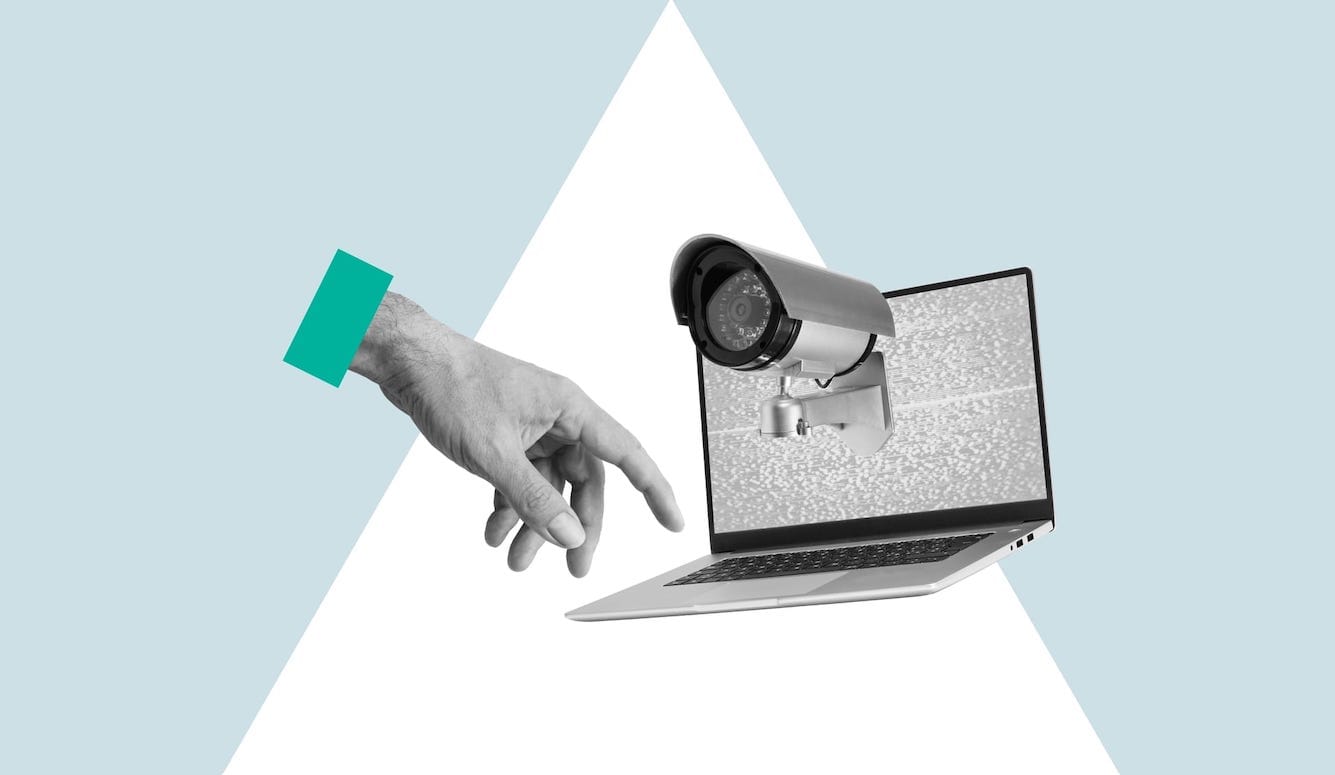Free Speech
Misinformation Is Bad. Prohibiting It Is Worse
A proposed Australian law aimed at blocking false content would likely be applied selectively—and thereby further erode public trust in mainstream information sources.

On 19 February 2020, just three weeks after the World Health Organisation (WHO) had declared COVID-19 an international public-health emergency, a group of 27 prominent scientists published a letter in the Lancet headlined, Statement in Support of the Scientists, Public Health Professionals, and Medical Professionals of China Combating COVID-19.
“The rapid, open, and transparent sharing of data on this outbreak is now being threatened by rumours and misinformation around its origins,” the group warned. “We stand together to strongly condemn conspiracy theories suggesting that COVID-19 does not have a natural origin… Conspiracy theories do nothing but create fear, rumours, and prejudice that jeopardise our global collaboration in the fight against this virus.”
The letter—cited formally as Calisher et al. 2020, in reference to microbiologist Charles Calisher, its lead author—was only four paragraphs long. But during the first year of the pandemic, it proved enormously influential among journalists and public-health officials, many of whom found it otherwise difficult to follow the complex evidence trails that virologists were then investigating in the search to understand the origins of SARS-CoV-2, the virus that causes COVID-19.
Here were more than two dozen renowned scientists instructing readers of the Lancet—one of the world’s most prestigious medical journals—that the debate was effectively over: SARS-CoV-2 was caused by random genetic mutations and zoonotic spillover, not by a leak from a Chinese microbiology lab. To suggest otherwise was to traffic in Sinophobic “misinformation.” Case closed.
Except that it wasn’t. In May 2021, fifteen months later, US President Joe Biden ordered intelligence services to investigate evidence suggesting that SARS-CoV-2 may indeed have originated in a Chinese lab. That same month, Science magazine—one of the few publications to rival the Lancet in prestige—published a letter from 18 scientists arguing that the lab-leak and zoonotic-spillover theories both remained viable. They noted that no less an authority than the WHO Director-General himself had taken colleagues to task for failing to adequately analyse the possibility of a lab leak in a 5 November 2020 report, Global Study of the Origins of SARS-CoV-2.

This editorial isn’t intended as an argument against the zoonotic-spillover thesis of COVID’s origins, which on balance, offers the more likely explanation for the emergence of SARS-CoV-2 (for reasons discussed in detail by Quillette editor Jamie Palmer in a 2023 essay). But it’s important to acknowledge that, at various times, highly respected scientists have populated both camps in this debate. And so the fact that a leading clique within one of those camps was able to stigmatise its opponents as agents of “misinformation” (or even full-blown conspiracism) presents an important cautionary tale. While the dictionary instructs us that “misinformation” signifies information that is incorrect (or at least misleading), leading lights of our society now sometimes use the term as a catch-all rhetorical tool to disparage impolitic conclusions, or to otherwise end-run the task of engaging seriously with other points of view.






